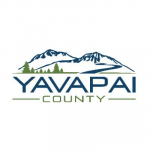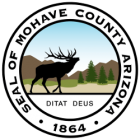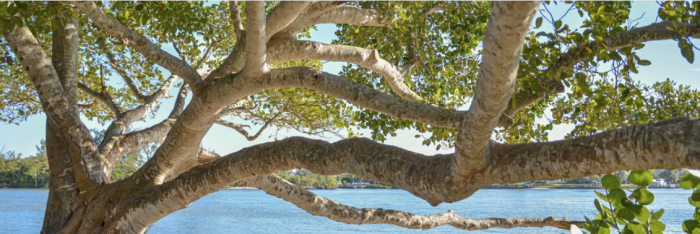Exploring Opportunities in Government Natural Resource Jobs
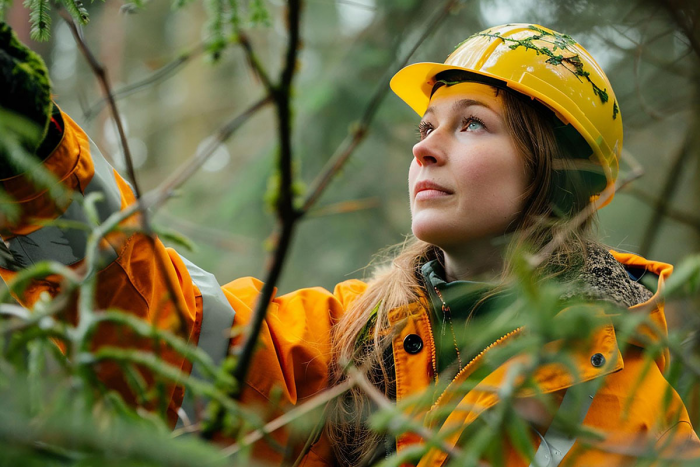
Introduction to Government Natural Resource Jobs
Government natural resource jobs offer diverse and rewarding careers focused on managing and conserving the planet’s natural and cultural resources. These jobs contribute to sustainability and protect the environment for future generations. By working in roles like wildlife management, invasive species control, and cultural resource conservation, government employees help maintain the health and biodiversity of natural ecosystems.
Importance of Natural Resource Management
Natural resource management is critical for supporting wildlife, preventing degradation, and ensuring sustainable use of resources like forests and water. Careers in this field provide opportunities to balance human needs with environmental protection. In particular, jobs in conservation help safeguard biodiversity and protect natural areas for recreation, cultural value, and future sustainability.
Career Opportunities in Government Agencies
Working for government agencies in natural resource jobs provides many career paths. Agencies such as state parks, forestry departments, and wildlife services offer full-time positions in conservation and land management, cultural resources, and fire management. Employees in these roles help protect resources and ensure that the environment and public’s needs are met.
Types of Government Natural Resource Jobs
Conservation and Management Careers
Conservation and management careers involve protecting natural environments, from forests to waterways. Invasive species control, habitat restoration, and environmental monitoring are key focus areas. Individuals in these roles may also participate in wildlife management and forestry programs to promote ecosystem health.
Cultural Resources and Historic Preservation
Those interested in cultural resources can pursue careers preserving historic sites, such as museums, monuments, and archaeological locations. Jobs in cultural resource management ensure that future generations can continue to learn from and enjoy these important heritage sites. Additionally, there are positions in historic preservation within federal and state agencies.
State Parks and Recreation Careers
State parks and recreation departments offer a variety of government natural resource jobs. Employees in these departments manage park lands, oversee recreational activities, and work on land conservation initiatives. These positions are ideal for those passionate about outdoor work, as they often involve hands-on tasks to maintain park safety and integrity.
Key Job Roles and Responsibilities

Conservation and Management Roles
Natural resource jobs in conservation and management include several vital responsibilities. Employees focus on invasive species control, habitat restoration, and monitoring ecosystems. Conservation workers also assist in environmental planning and work closely with government agencies to ensure sustainable land use and resource protection.
- Invasive Species Control: Preventing and removing non-native species from environments to preserve natural ecosystems.
- Habitat Restoration: Rebuilding and protecting areas damaged by human activity or natural events.
- Environmental Monitoring: Regularly assessing the health of natural ecosystems to guide conservation efforts.
Fire Management and Forestry Careers
Forestry and fire management are also critical areas of government natural resource jobs. These roles focus on forest conservation, wildland fire prevention, and emergency response planning. Jobs include forest management, fire suppression, and wildfire risk assessment, all vital to protecting public lands.
- Forestry Management: Ensuring that forest areas are sustainably maintained.
- Fire Management: Planning and executing fire suppression and prevention efforts to protect natural resources.
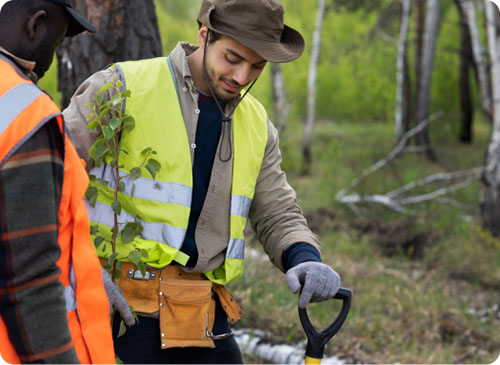
Career Development and Advancement
Training and Professional Development
Government agencies provide extensive training and professional development opportunities to help employees advance their careers. These programs cover areas like wildlife management, forestry management, and environmental monitoring, enabling employees to specialize in their chosen fields. Advanced fire management and cultural resource training help professionals stay at the forefront of the industry.
Career Advancement in Natural Resource Jobs
Many government natural resource jobs offer clear paths for career advancement. Employees can grow into management positions overseeing larger teams or develop specialized skills in environmental monitoring, cultural resources, or fire management. This upward mobility, combined with comprehensive benefits and professional growth opportunities, makes government work in this sector highly attractive.
Benefits and Perks of Working in Government Natural Resources
Unique Benefits and Compensation
Government natural resource employees enjoy several benefits beyond competitive salaries. These jobs often offer paid holidays, generous health care packages, and full-time positions with retirement plans. Additionally, employees gain personal satisfaction by making a positive impact on the environment and society at large.
- Paid Holidays: Government employees enjoy paid time off, contributing to a good work-life balance.
- Competitive Salaries: Government roles often come with competitive pay that increases with experience.
- Opportunities for Career Development: Continuous professional training helps employees grow within the organization.
Working Outdoors and in Diverse Environments
One of the biggest draws of government natural resource jobs is the opportunity to work outdoors. Employees may be involved in protecting cultural resources or managing state parks, offering the chance to engage with nature while performing meaningful work. These positions are perfect for individuals who enjoy working in dynamic, natural settings.
How to Get Started in Government Natural Resource Careers

Job Search and Application Process
Searching for government natural resource jobs can be done through multiple avenues. Candidates can visit government websites, explore job boards, or apply through career sites dedicated to environmental and conservation work. Building a strong resume and networking with professionals in the field can enhance a job seeker’s chances of securing a position.

Networking and Professional Development Opportunities
Networking is critical for career advancement in government natural resources. Attending conferences, workshops, and industry events allows professionals to stay informed about the latest developments and connect with peers. Job seekers can build a robust professional network and stay informed about job openings by joining professional organizations dedicated to conservation, wildlife management, and cultural resources.



